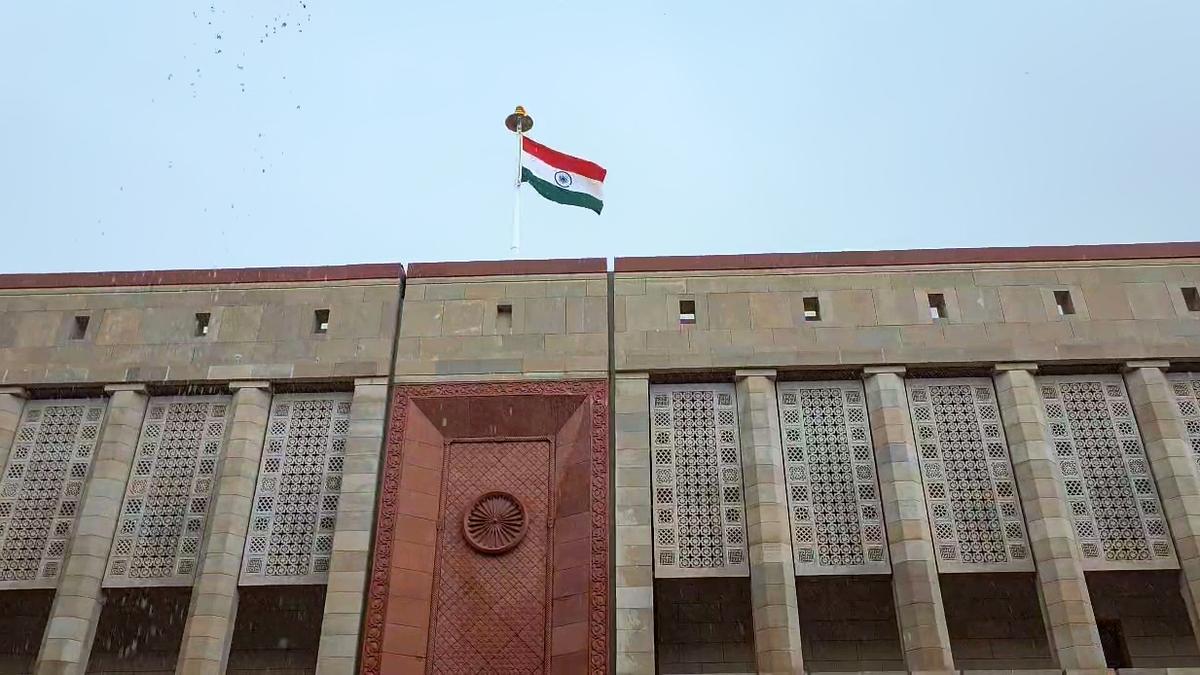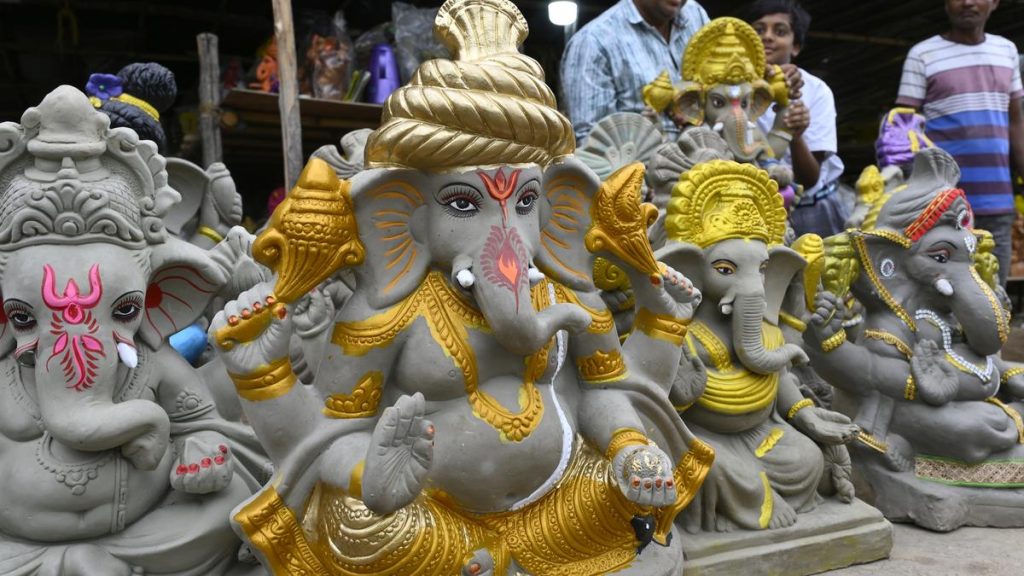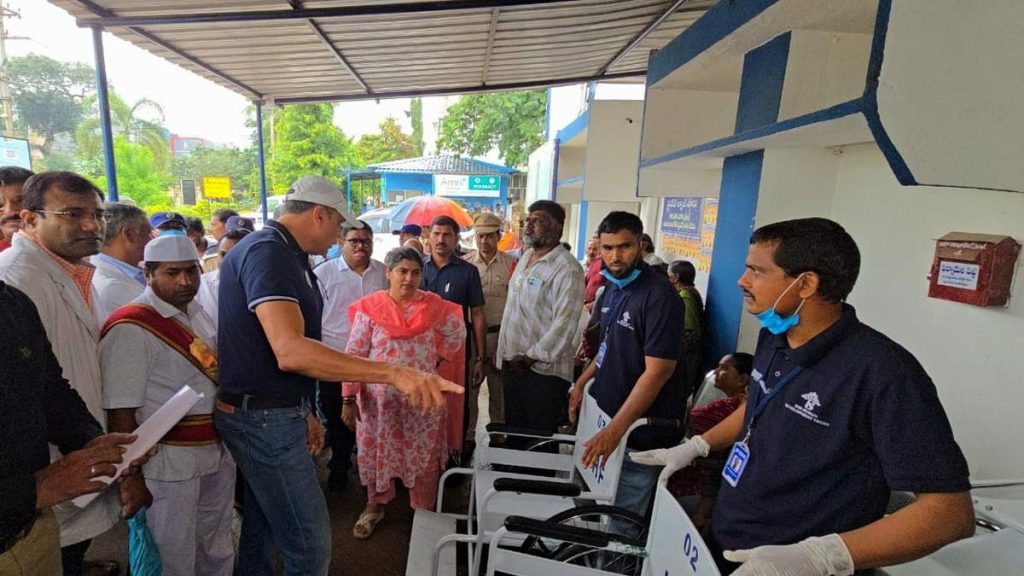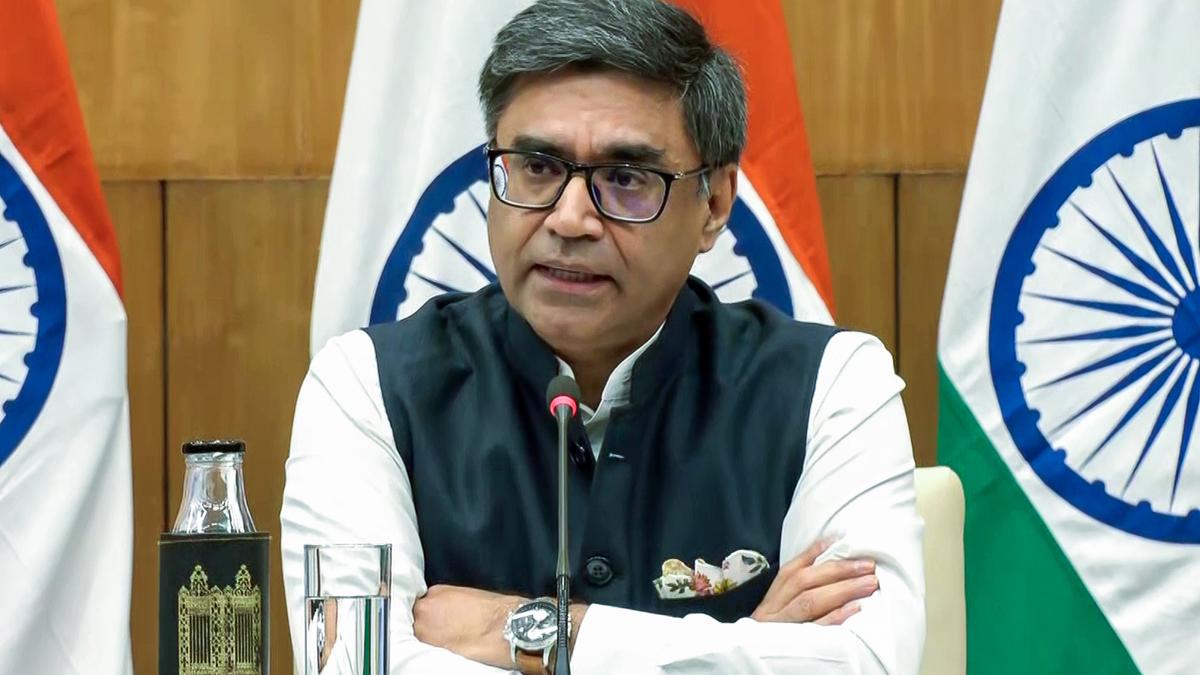Now Reading: Bill to Disqualify Ministers with Serious Criminal Charges Faces Parliamentary Test
-
01
Bill to Disqualify Ministers with Serious Criminal Charges Faces Parliamentary Test
Bill to Disqualify Ministers with Serious Criminal Charges Faces Parliamentary Test

Fast Summary
- 130th Constitutional Amendment Bill proposes to remove Ministers (Central and State governments, including the Prime Minister and Chief Ministers) facing serious criminal charges.
- The draft law was referred to a Parliamentary Joint Committee on August 20, 2025, but the panel hasn’t been formed due to boycott calls by Opposition parties: Trinamool Congress (TMC), Samajwadi Party (SP), and Aam Aadmi Party (AAP). Congress is also considering boycotting.
- Constitutional amendments require a higher threshold of support as per Article 368, demanding approval by at least two-thirds of members present and voting in both Houses of Parliament.
- Lok Sabha requirement for passing: Majority support from at least 362 members if all are present. BJP-led NDA has only 293 MPs; INDIA bloc has 236 mps in Lok Sabha.
- BJP allies like Janata Dal-United (JD-U) and Telugu Desam Party (TDP) express reservations regarding “gray areas” in the Bill while supporting its intent; concerns center around potential misuse.
Indian Opinion Analysis
The proposed amendment aims to set a precedent for accountability among public representatives holding high office, introducing an unprecedented mechanism against serious criminal allegations. However, political consensus remains elusive due to procedural complexities involved with constitutional changes and opposition resistance fueled by suspicion over motives or implementation safeguards.
The government’s inability so far to engage allies adequately or quell opposition concerns highlights an inherent challenge in coalition politics when pursuing ambitious legislative reforms. Passage of such legislation depends on meticulous negotiation across party lines given that constitutional amendments require considerable portrayal thresholds beyond mere numerical dominance.
This legislative impasse brings focus not only on parliamentary functioning but also broader implications for India’s democratic norms-balancing structural reforms with safeguarding against perceived political misuse. Weather this bill advances or stalls may serve as a litmus test for bipartisan cooperation under heightened scrutiny over governance standards.
Read more: Link
Images included:
!80/PTI08202025000281B.jpg”>Image
!
























